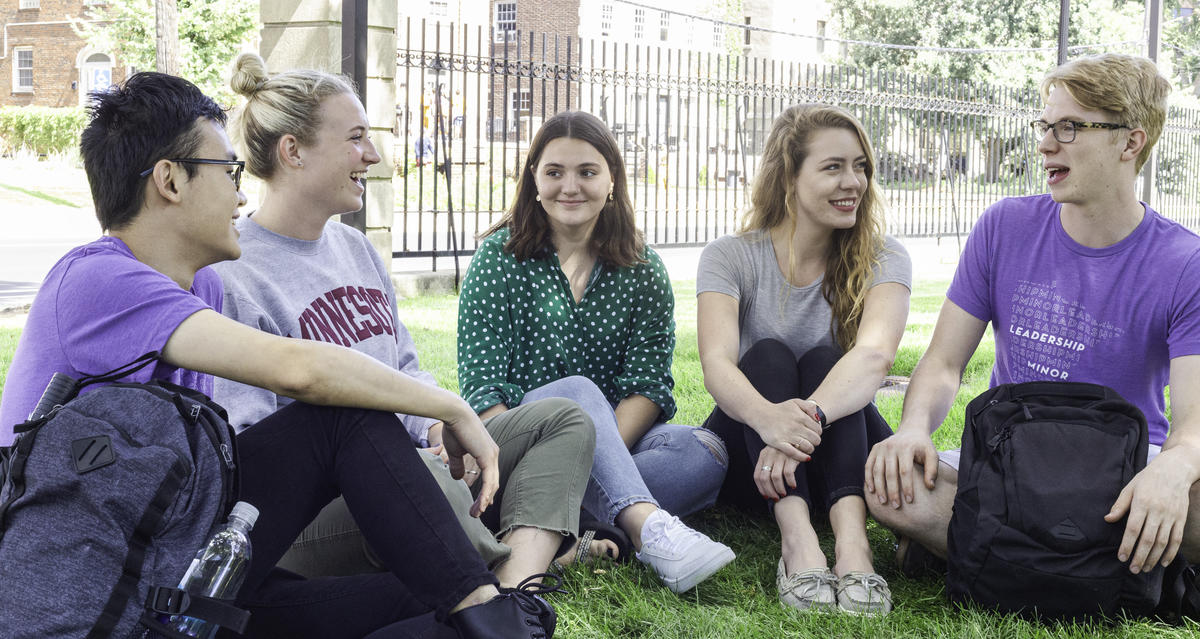Host Our Students

Leadership Minor Students Can Support Your Organization
If you are a community organization that would like to work with an individual or group of Leadership Minor students in completing a service project, we would love to partner with you. This service project would be embedded in the 3rd core course in our program, LEAD 3971: Field Experience.
What Our Partners Have to Say
About the Minor
About the Minor
The University of Minnesota Undergraduate Leadership Minor prepares students for real-life leadership experiences, both on campus and in the larger global community, by combining social change theories of leadership with the practice of adaptive leadership.
About Our Students
About Our Students
Leadership Minor students come from different disciplines and have a wide range of interests, skills and goals. By the time they work with you, they’ll have taken 2 of our core courses: Personal Leadership in the University and Leadership, You and Your Community. Students bring to their Field Experience a willingness to use their voice, to embrace personal growth, to consider the needs of the community and to lean into social change initiatives with integrity and awareness.
What is the Field Experience
What is the Field Experience
The Field Experience is a semester-long project that our students undertake in service to an organization in the community. While they work on their field project, they simultaneously attend classes and complete assignments in our program.
Field Projects vary in scope, structure and aim. The chart below will give you a sense of the ways the field experience is structured and what your contribution might be. You will also find a list of past projects to give you a sense of the kind of work students engage in.